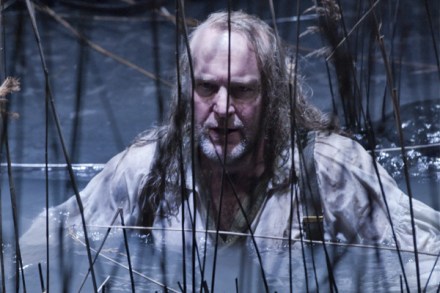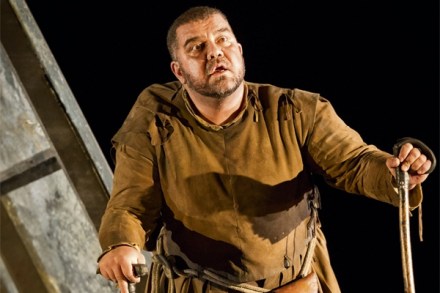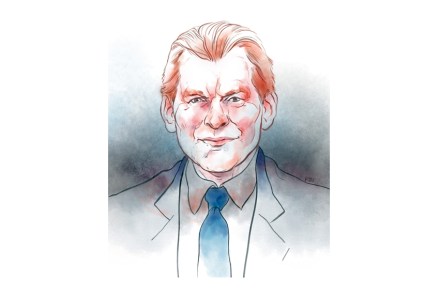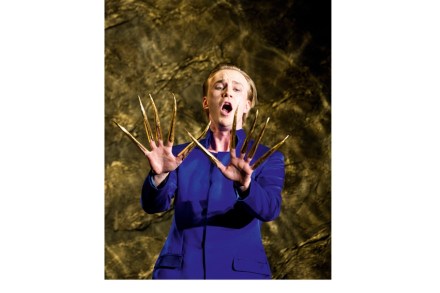Learning to love Falstaff
It’s taken me a shockingly long time to realise how great Verdi’s Falstaff is, and I still wouldn’t agree that it is his greatest opera, which fully paid-up Verdians tend to think. It may be a measure of my progress, though, that I got a lot of pleasure out of the new production at Covent












